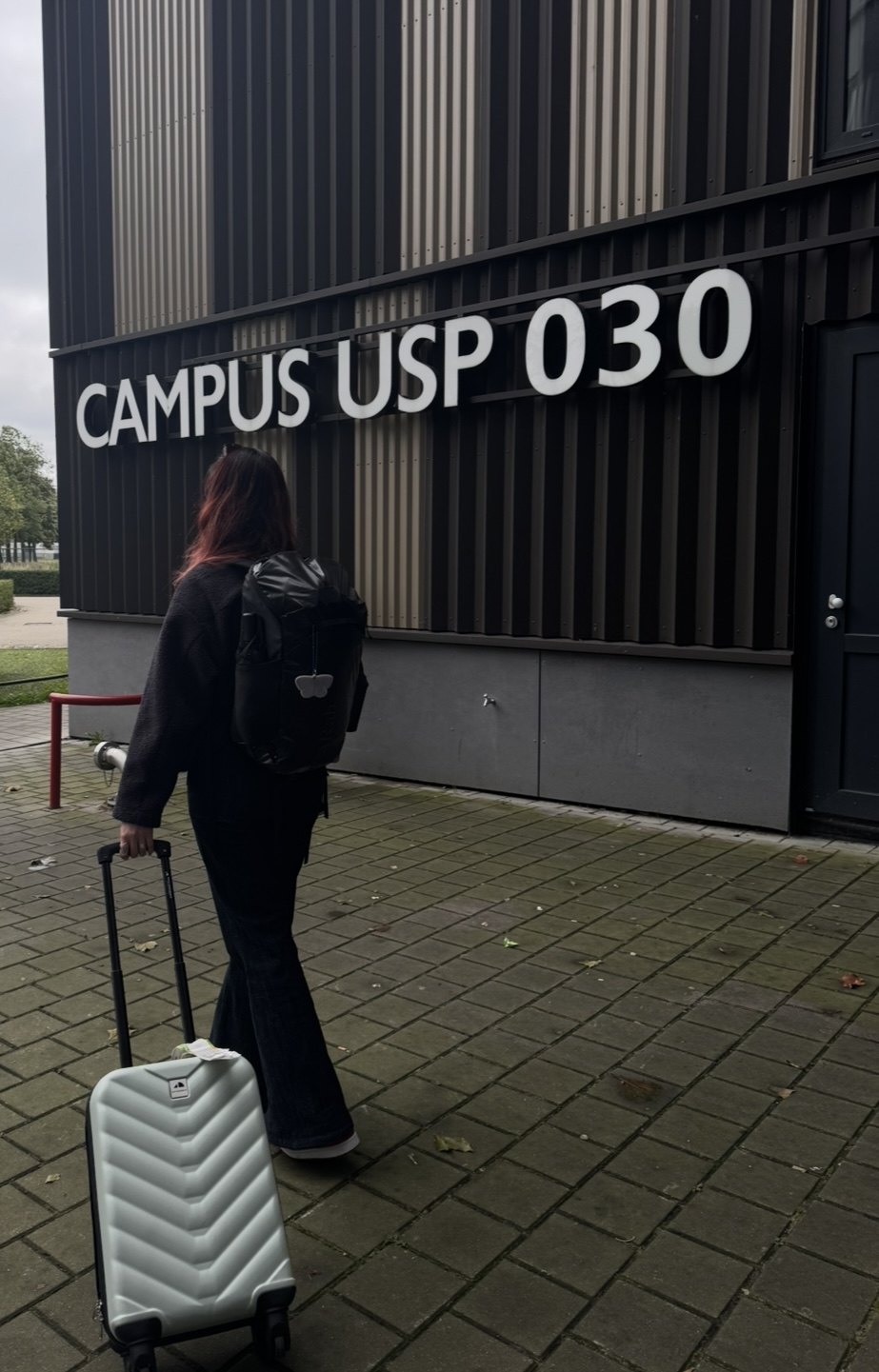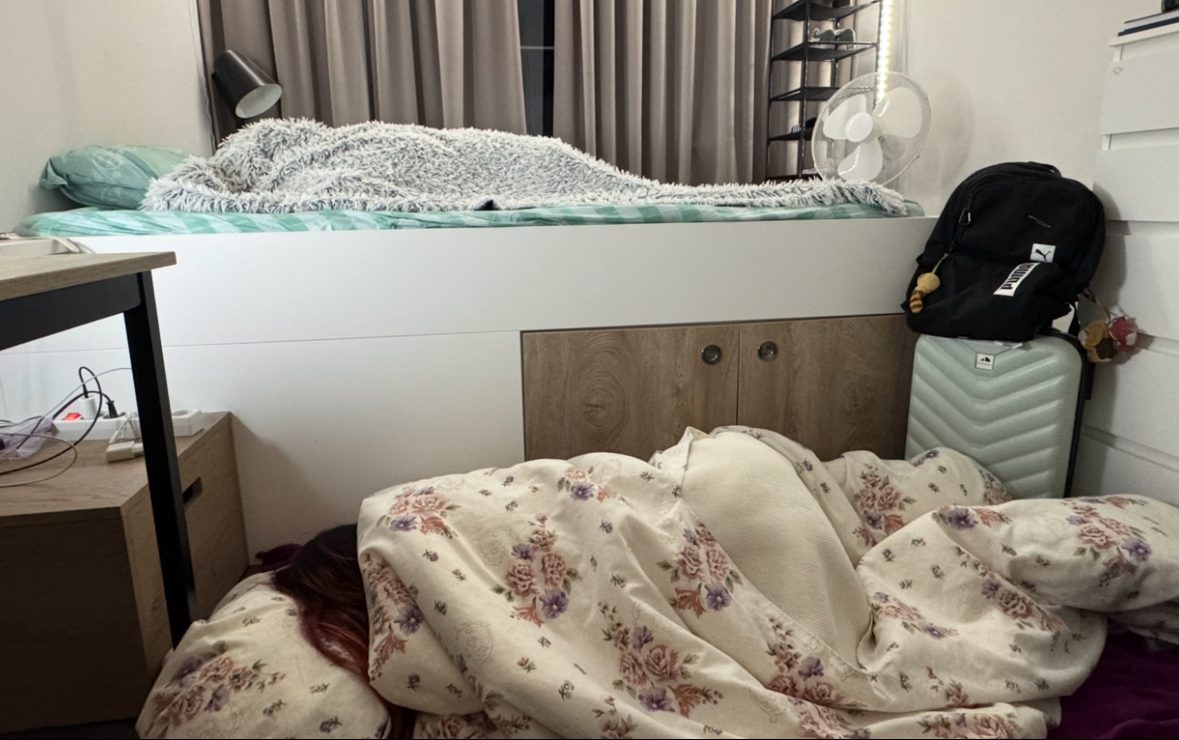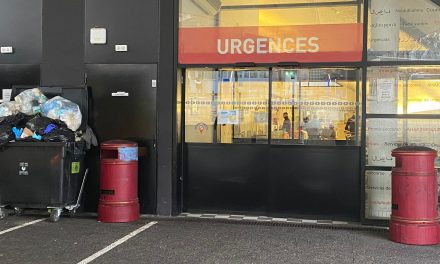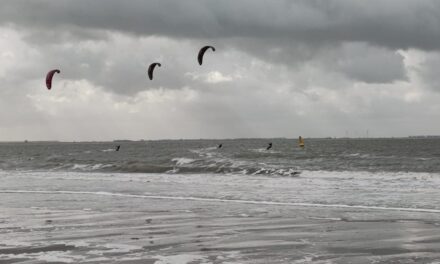Outside Dutch universities today, international students are packing their suitcases and leaving. Once drawn by affordable tuition and inclusive campuses, they now face higher fees, a worsening housing crisis, and increasing political debates. In the Netherlands of 2025, populist rhetoric has turned them into targets, pushing many to reconsider their future here.
Drawn into debates
Populist parties in the Netherlands often rely on “us versus them” language to mobilize voters. Traditionally, this “them” has referred to migrants or refugees. Recently, however, international students have been pulled into the same rhetoric. At the university level, this shift has been felt most in discussions about language policy. During his time in the council, Saban Caliskan, a fifth-year physics student and activist who served two years in Utrecht University’s council, observed repeated debates over minimizing the number of English-taught programs. “The university wanted to cut back on a lot of international-friendly programs,” he claims. “They even wanted to turn the bachelor’s in economics into a Dutch-only track”. Across the country, Universities are considering Dutch-language tracks as part of broader efforts to rebalance internationalization, but concrete changes depend on policy and curriculum adjustments.
Instead of expanding support for integration, resources for internationals have been reduced. Proposals for free Dutch courses, for example, never materialized due to a lack of government funding. “People got tired of accommodating internationals,” Saban explains. “There was no money available, no credits given, so the idea was dropped.”
A growing sense of exclusion

International student leaving the Netherlands after completing their studies. Photographer: Corina Dascălu
The change is not only institutional, but also cultural. According to Saban, many Dutch students do not actively integrate internationals during introduction weeks or student life. “You’d want to accept and integrate them as equals,” he says. “But in practice, they’re often treated as outsiders.”
For Ukrainian refugees and students, the situation has worsened. They were once allowed to pay the same tuition as Dutch and EU students but are now charged the higher international rate of €10,000 to €20,000 per year, unless they can secure a hard-to-find waiver.
This atmosphere has consequences. “As soon as we got the new government, I felt that the internationals in the university didn’t want to live here anymore,” Saban says. “They liked it before. But now, most just want to finish their degree and get out.” The numbers appear to confirm this sentiment. After years of rapid growth, the intake of international students has started to stagnate. Universities report fewer applications from abroad, showing that the Netherlands is losing its reputation as a top study destination.
Shifting the blame

Sleeping on the floor: the reality of some international students in the Netherlands. Photographer: Corina Dascălu
While international students are not the main scapegoats of Dutch populism, with groups like Muslims and other minorities more often in the spotlight, Saban does see how they are pulled into the debate. “The government itself cut university budgets and raised housing prices, but instead of taking responsibility, they point at internationals. It’s easier to blame students than to confront structural problems.”
What’s at stake if this trend continues, Saban warns of serious risks for Dutch education and society. “Most of my professors are the best in their field, but they’re not Dutch. If universities start limiting internationals, we’ll also lose that diversity and quality,” he says. For him, the danger is clear: “If internationals keep being portrayed as burdens, they will stop coming altogether, and Dutch education will suffer.”




